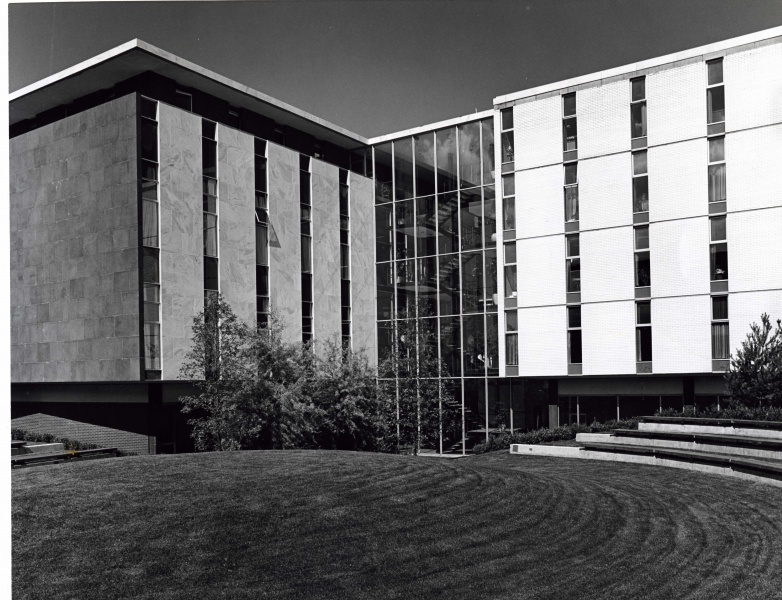PDF
Debate, democracy, and the politics of panic: Norman Angeli in the Edwardian crisis Item Info
- Title:
- Debate, democracy, and the politics of panic: Norman Angeli in the Edwardian crisis
- Creator:
- Vieira, Ryan Anthony Joseph
- Date Created:
- 2006
- Degree Awarded:
- Master of Arts
- Subjects:
- Economic history Liberalism World politics
- Geographical Focus:
- Britain
- Supporting Materials:
- n/a
- Description:
- “Debate, Democracy, and the Politics of Panic” seeks to recast the historical image of Norman Angell, author of the famous 1910 pacificist book The Great Illusion. Norman Angell has traditionally been depicted as a political failure. Recent work by Hugh Peter Gaitskell McNeal has shown that this is largely because historians have a retrospective bias and have not been able to see Angell as his contemporaries would have done. Even McNeal, however, fails to appreciate fully the political significance of Angell’s work. William Scheuerman’s new book Liberal Democracy and. the Social Acceleration of Time provides a theoretical framework through which Norman Angell’s work can be more justly assessed. The present thesis represents an extension and testing of Scheuerman'’s logic and centers on the idea that the patterns of public speech which define any society’s public sphere greatly affect that society’s experience of time and by extension its politics. By altering speech patterns in the public sphere Norman Angell had a significant political impact. In a period of acceleration, when the Edwardian public sphere was becoming increasingly confrontational and anti-liberal, Norman Angell fostered a discursive space, Norman Angellism, which was characterized by the open- ended give and take of meaningful debate. In so doing Norman Angell affected his contemporaries’ experience of time, slowing things down and creating an environment more conducive to liberal practice. Contrary to George Dangerfield’s claim that England’s liberal state was on the verge of collapse in 1914, the story of Norman Angell shows that there were respected agents of liberal revival at work.
Source
- Preferred Citation:
- Vieira, Ryan Anthony Joseph. Debate, democracy, and the politics of panic: Norman Angeli in the Edwardian crisis. 2006. Carleton University, Master of Arts.
- Reference Link:
- https://cuhistory.github.io/grads/items/hist_140.html
Rights
- Rights:
- Copyright the author, all rights reserved, unless otherwise indicated.

